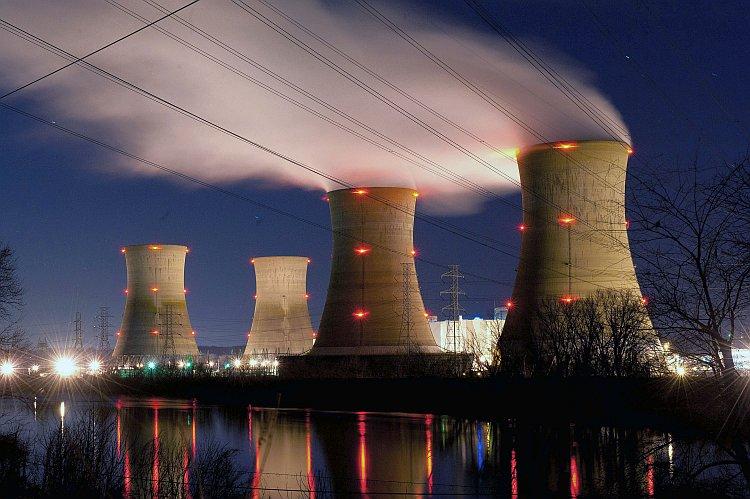CHEYENNE, Wyo.—Three-term Rep. Liz Cheney (R-Wyo.) became the eighth of the 10 Republicans who voted for Donald Trump’s impeachment to either retire or be defeated by party rivals endorsed by the former president.
Cheney, one of Trump’s most vociferous critics, was defeated in Wyoming’s Aug. 16 Republican primary for the state’s lone congressional seat by Harriet Hageman, a Cheyenne natural resources attorney.





